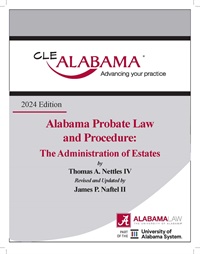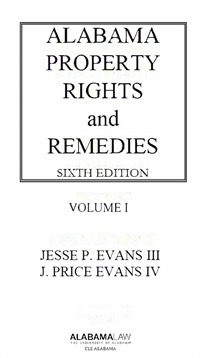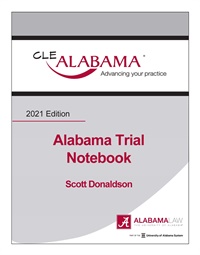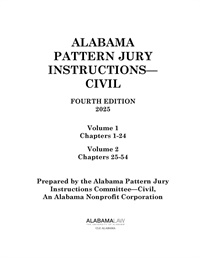Generative AI in Law Practice: Opportunities and Ethical Perils
Total Credits: 1 including 1 Ethics
- Average Rating:
- Not yet rated
- Categories:
- Ethics
- Faculty:
- Thomas E. Spahn
- Original Program Date:
- Feb 21, 2025
- License:
- Never Expires.
Description
The use of artificial intelligence and machine learning in law practice are not far off prospects, but rather accomplished realities. Many of the tools lawyers use today – online research platforms that suggest other areas for research, software packages that help complete forms or propose or assemble document language, and discovery tools that sort through documents – are driven by artificial intelligence and machine learning. These and other AI engineered legal tools raise substantial ethical issues. Are they the unauthorized practice of law? Have lawyers researched their capabilities such that they are competent to use them? How must lawyers supervise their use by non-lawyer staff? This program will provide you with a practical guide to the substantial ethical issues arising from the use of common law practice tools that use artificial intelligence and machine learning.
Schedule:
- Ethical issues in the use of artificial intelligence (AI) and machine learning in law practice
- What duties do lawyers have to investigate and understand AI in the tools they use?
- Does AI constitute the unauthorized practice of law (UPL) in a state?
- Do form assembly and language drafting software packages violate ethics rules?
- What supervisory and training obligations do lawyers have for non-lawyer staff using these tools?
- Are there ethics concerns of using AI in discovery?
- Must lawyers warn clients that they use AI?
Handouts
| Handout 1 (688.2 KB) | 730 Pages | Available after Purchase |
| Handout 2 (928.5 KB) | 304 Pages | Available after Purchase |
Faculty
Thomas E. Spahn Related Seminars and Products
McGuireWoods, LLP
Thomas E. Spahn is a partner in the McLean, Virginia office of McGuireWoods, LLP, where he has a substantial practice advising clients on properly creating and preserving the attorney-client privilege and work product protections. For more than 30 years he has lectured extensively on legal ethics and professionalism and has written “The Attorney-Client Privilege and the Work Product Doctrine: A Practitioner’s Guide,” a 750 page treatise published by the Virginia Law Foundation. Mr. Spahn has served as a member of the ABA Standing Committee on Ethics and Professional Responsibility and as a member of the Virginia State Bar's Legal Ethics Committee.








